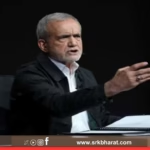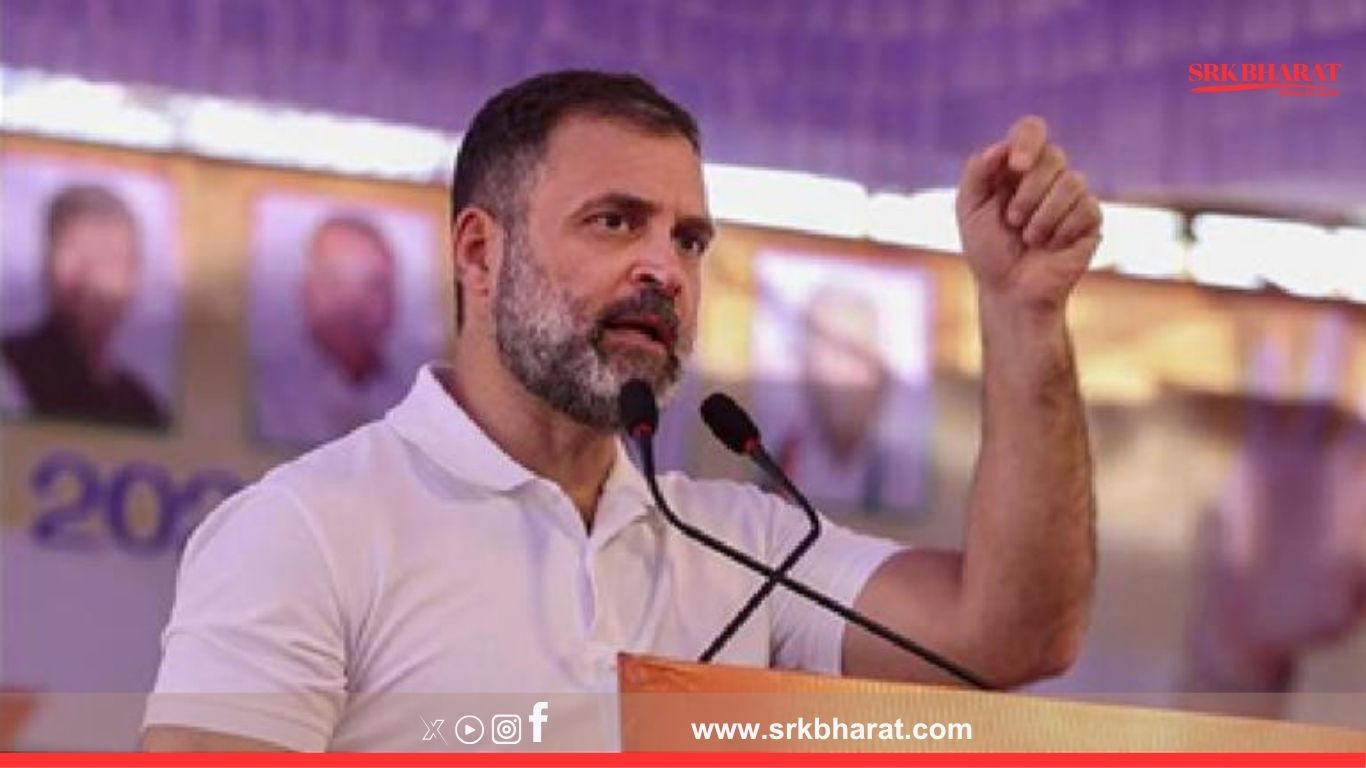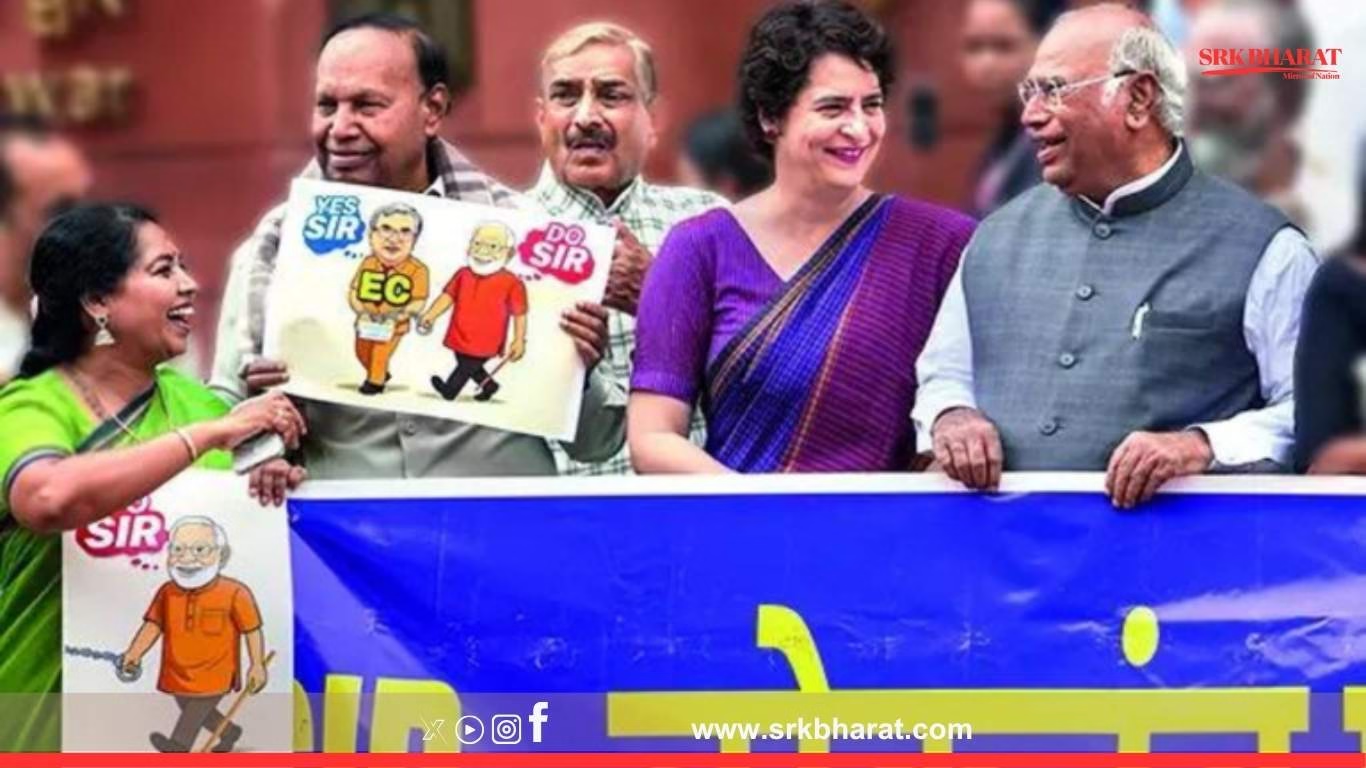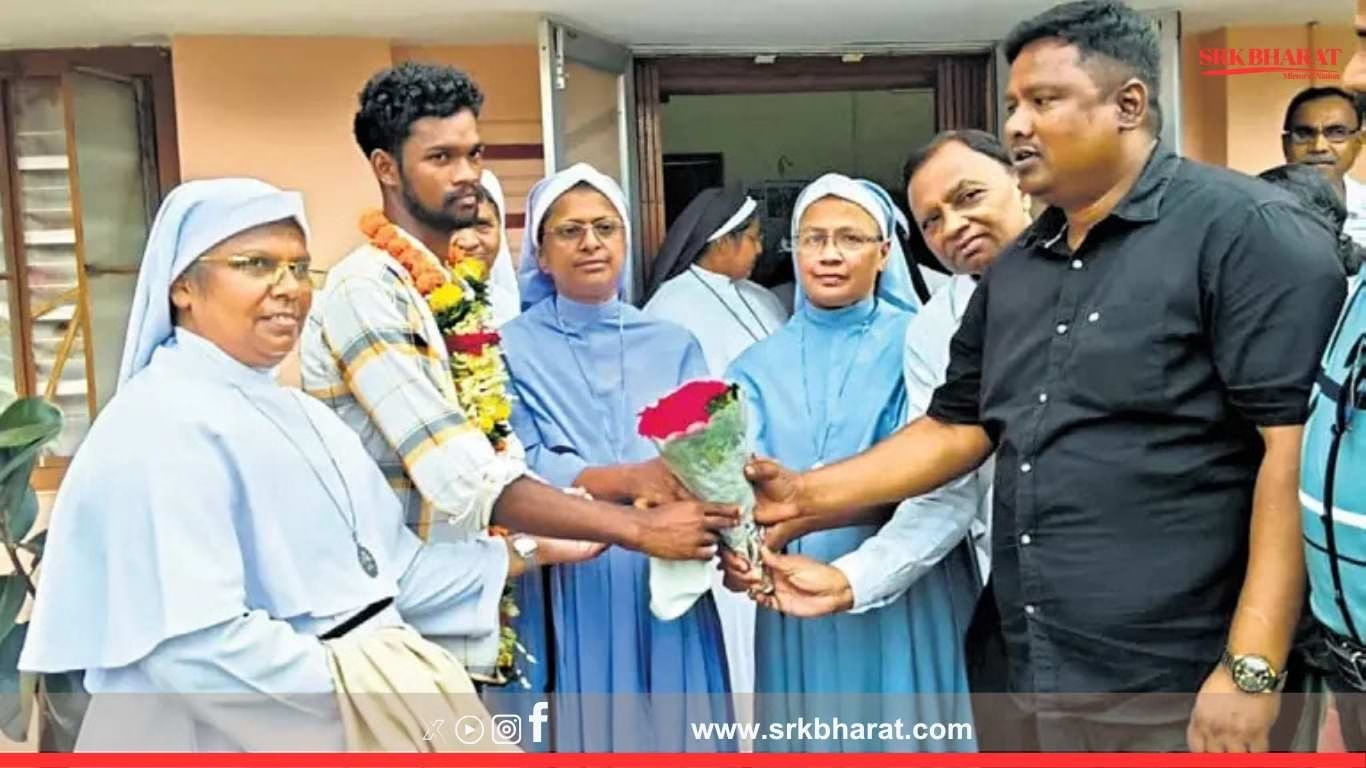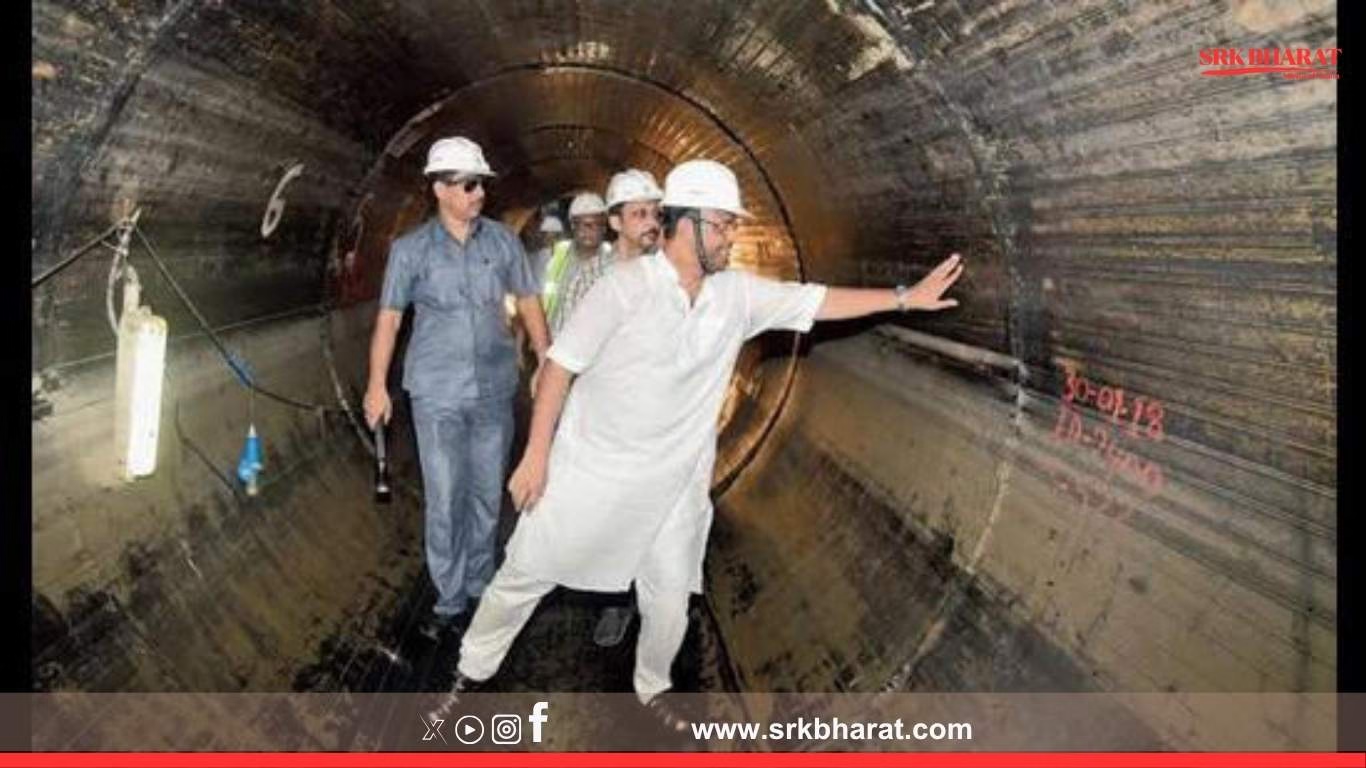A Pune court on Wednesday rejected a plea seeking to examine Congress leader Rahul Gandhi as a witness in the defamation case linked to his remarks on Hindutva icon Vinayak Damodar Savarkar, ruling that an accused cannot be compelled to be a witness against himself under Article 20(3) of the Indian Constitution. The order marks a significant procedural development in the high-profile case, which continues to hold political ramifications in Maharashtra and beyond.
Background: The Savarkar Defamation Controversy
The case stems from Rahul Gandhi’s 2023 speech in Karnataka, where he allegedly stated:
“Savarkar used to write mercy petitions to the British. He was not a freedom fighter but someone who begged for mercy.”
These remarks triggered outrage from BJP and Shiv Sena (Shinde faction), which revere Savarkar as a national hero. A Pune-based social activist and lawyer, Santosh Dubey, filed a criminal defamation complaint in the court of Judicial Magistrate First Class (JMFC) under Sections 499 and 500 IPC for insulting Savarkar’s legacy.
What Happened In Court On Wednesday?
During the hearing, complainant Santosh Dubey’s counsel moved an application seeking Rahul Gandhi’s examination as a witness to prove “intent and factual context” behind his statements. The defence team, however, objected, arguing that:
- Rahul Gandhi is an accused in the case, and compelling him to appear as a prosecution witness violates his constitutional rights.
- Under Article 20(3), an accused cannot be compelled to be a witness against himself.
- CrPC provisions bar such examination unless the accused voluntarily seeks to testify.
After hearing both sides, JMFC A N Dave rejected the plea, stating:
“The constitutional protection against self-incrimination is absolute. The accused cannot be examined as a witness for the complainant. The application is dismissed.”
Key Legal Takeaways
| Legal Principle | Explanation |
|---|---|
| Article 20(3) of Constitution | Provides that no person accused of an offence shall be compelled to be a witness against himself. |
| CrPC Sections 313 and 315 | Allow accused to explain circumstances in evidence but do not mandate testimony as prosecution witness. |
| Implication | Prosecution must prove defamation charges through independent evidence, not by examining the accused. |
Political Reactions
Rahul Gandhi’s legal victory triggered mixed political responses:
- Congress spokesperson Jairam Ramesh:
“This is a victory for constitutional rights. BJP and its allies have misused Savarkar’s name to target Rahul Gandhi, but the law has spoken.” - BJP Maharashtra chief Chandrashekhar Bawankule:
“Rahul Gandhi’s disrespect towards Veer Savarkar is documented. Legal technicalities will not absolve him from apologising to the people of Maharashtra.” - Shiv Sena (UBT) MP Sanjay Raut:
“We may disagree with Rahul Gandhi politically, but fundamental rights must be protected. Savarkar should not be used for vendetta politics.” - Savarkar family reaction:
Ranjit Savarkar, great-grandnephew of Vinayak Savarkar, reiterated demand for an unconditional apology, stating “the insult is to the nation’s history.”
Timeline Of The Case
| Date | Event |
|---|---|
| May 2023 | Rahul Gandhi makes controversial remarks about Savarkar in Karnataka. |
| June 2023 | Santosh Dubey files criminal defamation complaint in Pune court. |
| July 2023 | JMFC issues summons to Rahul Gandhi. |
| August 2023 | Rahul Gandhi appears before court, pleads not guilty, and is granted bail. |
| October 2023 | Complainant files plea to examine Rahul Gandhi as witness. |
| July 2025 | Court rejects plea citing Article 20(3). |
Implications For Rahul Gandhi
- No Immediate Testimony Required:
The order spares him from appearing as a prosecution witness, although he can voluntarily testify in defence if advised by his legal team. - Focus On Evidence Quality:
The complainant must now rely on speech videos, transcripts, and public reaction testimonies to establish defamation under Section 499 IPC. - Continued Legal Battle:
The case remains sub judice with further hearings scheduled in August for cross-examination of submitted evidence.
Expert Analysis: Can The Case Lead To Conviction?
Criminal law experts suggest that defamation conviction depends on:
- Proving intent to harm reputation.
- Demonstrating untruth or lack of public good exception.
- Establishing direct injury to complainant or identifiable class.
Advocate Sunil Rathi, Supreme Court:
“Political speeches often get protection under fair comment and public interest exceptions. Unless malicious intent is clearly established, conviction is unlikely.”
Broader Political Significance
Rahul Gandhi’s remarks on Savarkar continue to polarise Maharashtra politics:
- For Congress:
It consolidates liberal and Dalit votes critical of Hindutva narratives. - For BJP & Shinde Sena:
Savarkar remains a powerful emotional symbol to mobilise Marathi pride and Hindu nationalist sentiments. - For Uddhav Thackeray’s Sena (UBT):
It poses strategic discomfort, as the party historically idolises Savarkar but allies with Congress at the national level.
Comparing Past Defamation Cases Against Rahul Gandhi
| Case | Complainant | Status |
|---|---|---|
| Modi “thieves” remark (2019) | BJP MLA Purnesh Modi | Convicted in Surat court, stayed by Supreme Court in 2023. |
| RSS Gandhi assassination (2014) | RSS activist in Bhiwandi | Rahul Gandhi absolved after apology in 2020. |
| Savarkar remark (2023) | Pune activist | Ongoing in JMFC Pune. |
These cases form part of the legal pressure matrix faced by Rahul Gandhi as he spearheads Congress’s national revival strategy against BJP’s strong Hindutva campaigns.
Congress’s Legal Strategy Ahead
Party legal cell sources indicate Rahul Gandhi will:
- Continue to challenge admissibility of specific evidence.
- Use the case politically to project BJP’s “misuse of courts to intimidate opposition voices.”
- Prepare for possible appeals if the case moves to higher courts upon judgment.
Conclusion
The Pune court’s decision rejecting examination of Rahul Gandhi as a prosecution witness in the Savarkar defamation case reaffirms constitutional safeguards against self-incrimination. However, the broader legal battle is far from over, with political stakes high for both Congress and BJP in Maharashtra’s shifting electoral landscape. As proceedings resume next month, the case will remain a focal point in India’s clash between freedom of speech, historical interpretation, and political accountability.
Disclaimer: This report is based on official court orders, legal proceedings, and party statements. Readers are advised to follow subsequent hearings for final judicial outcomes.



